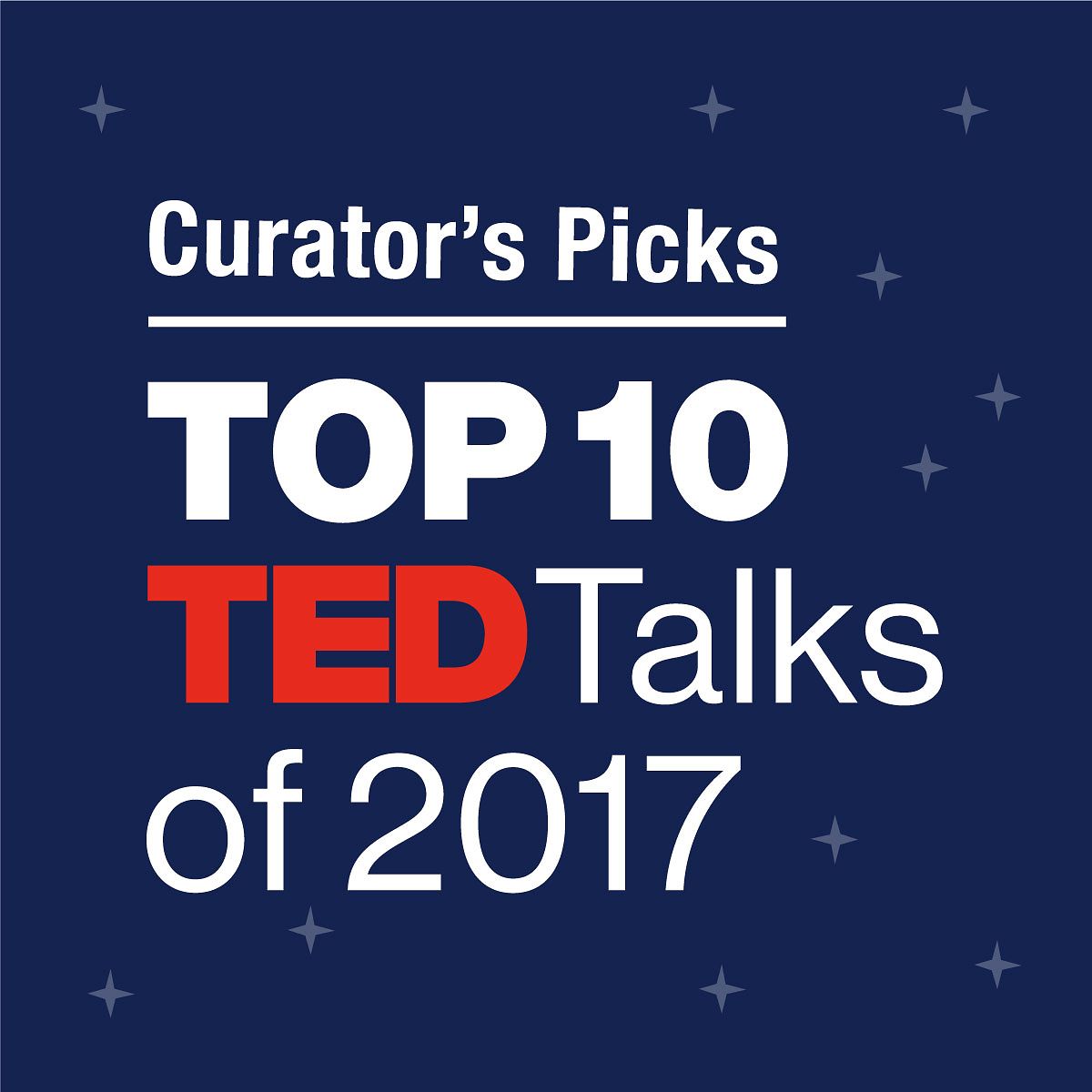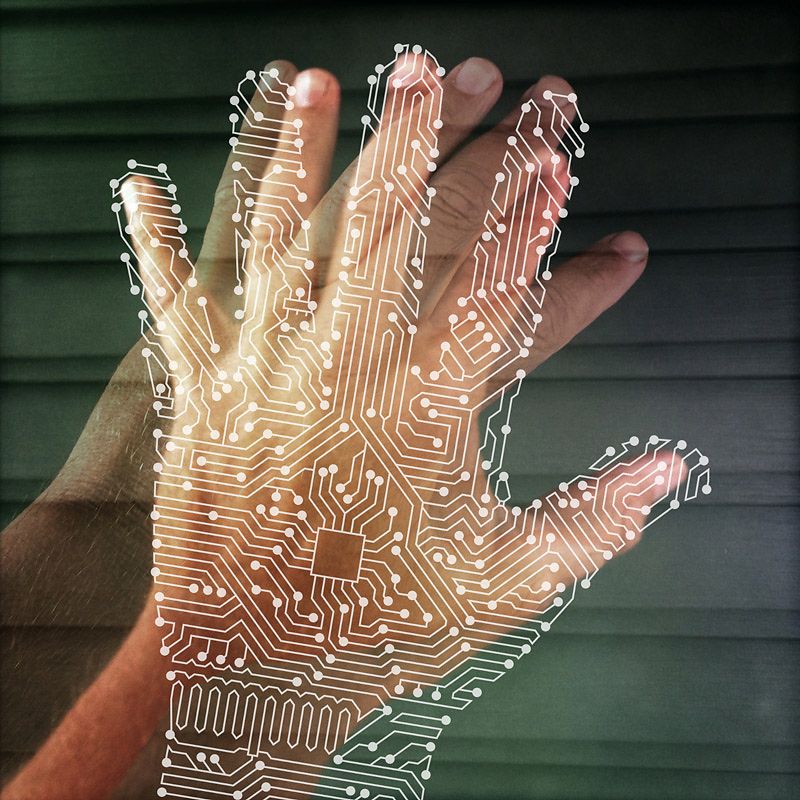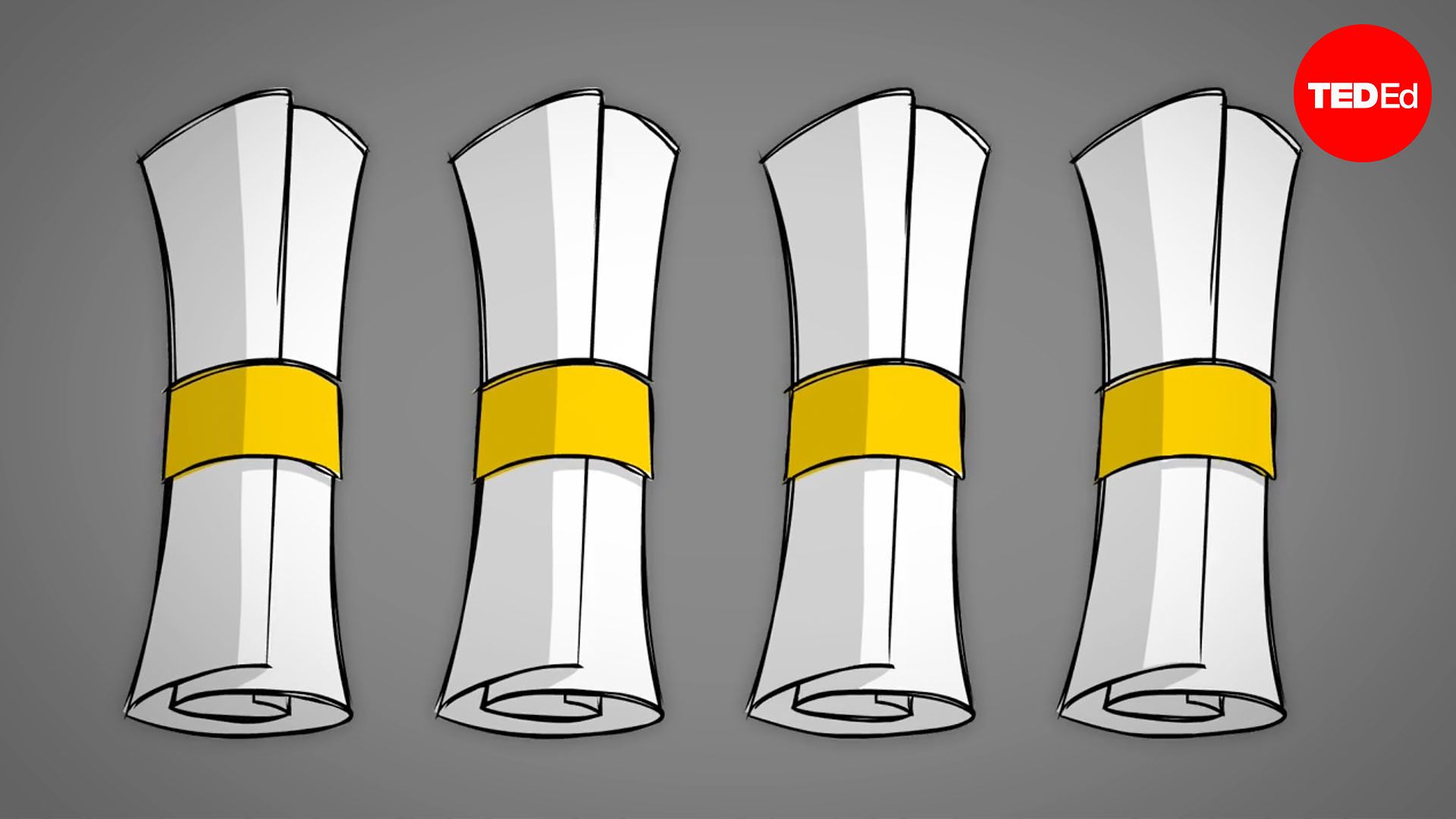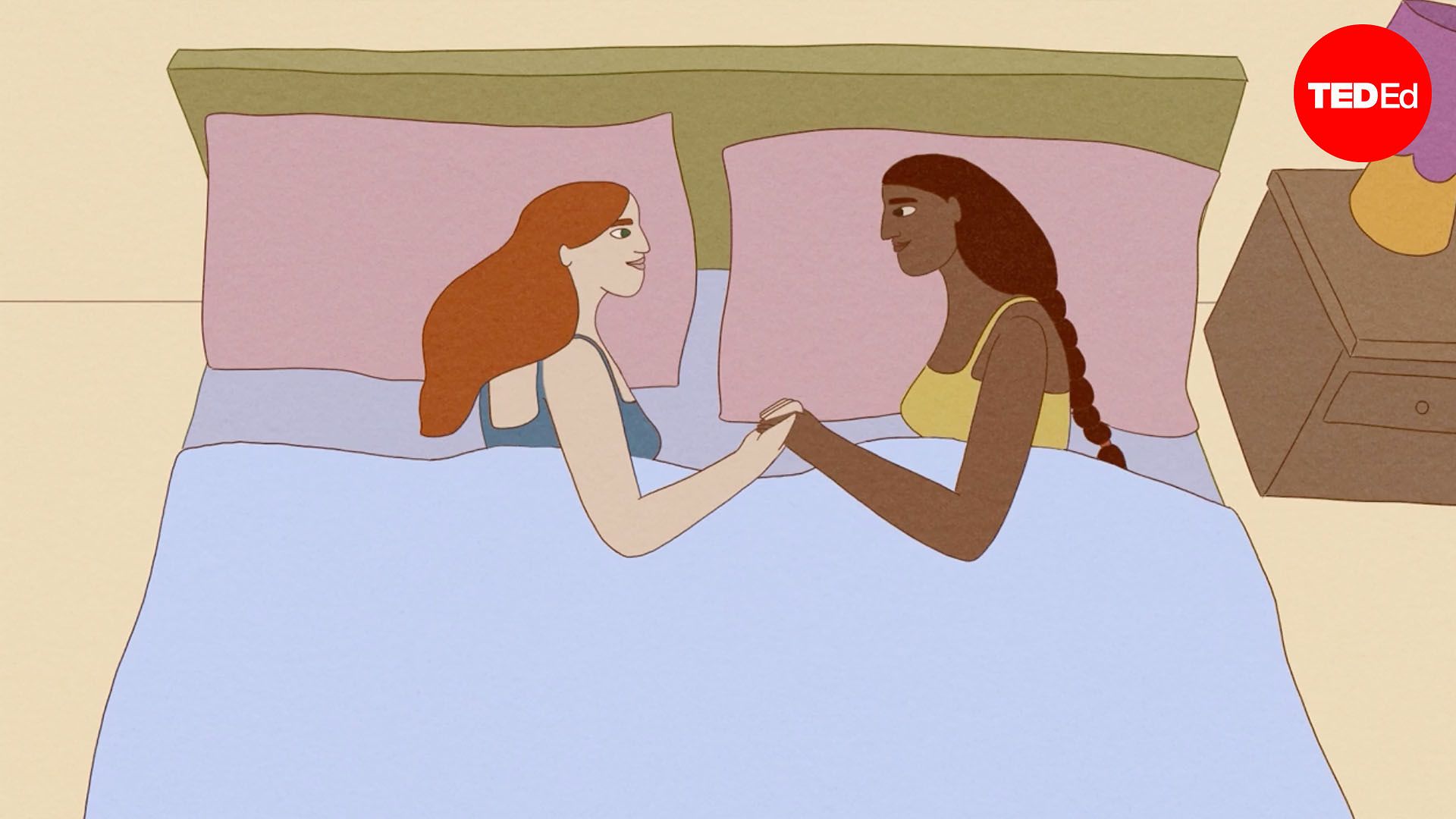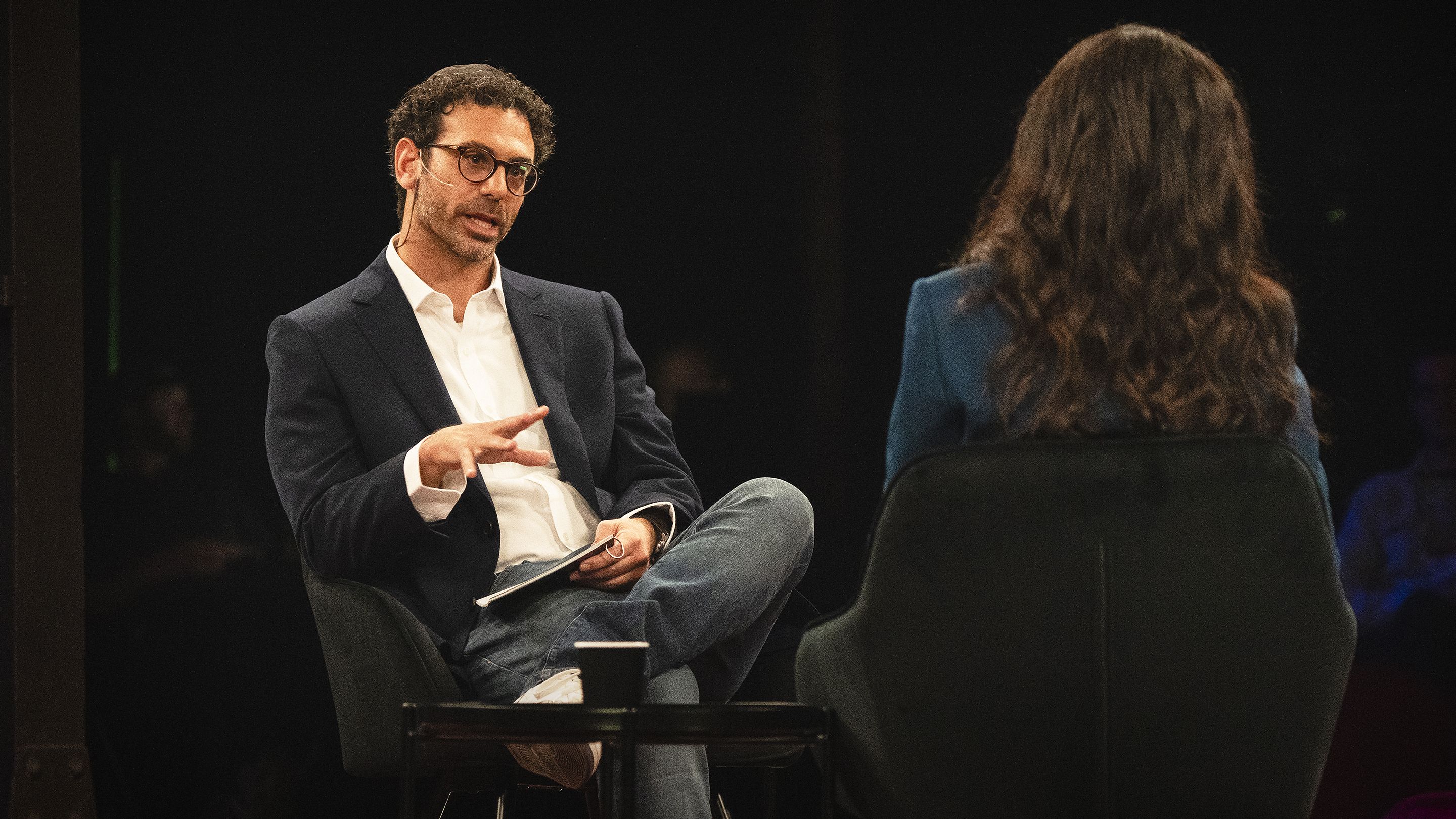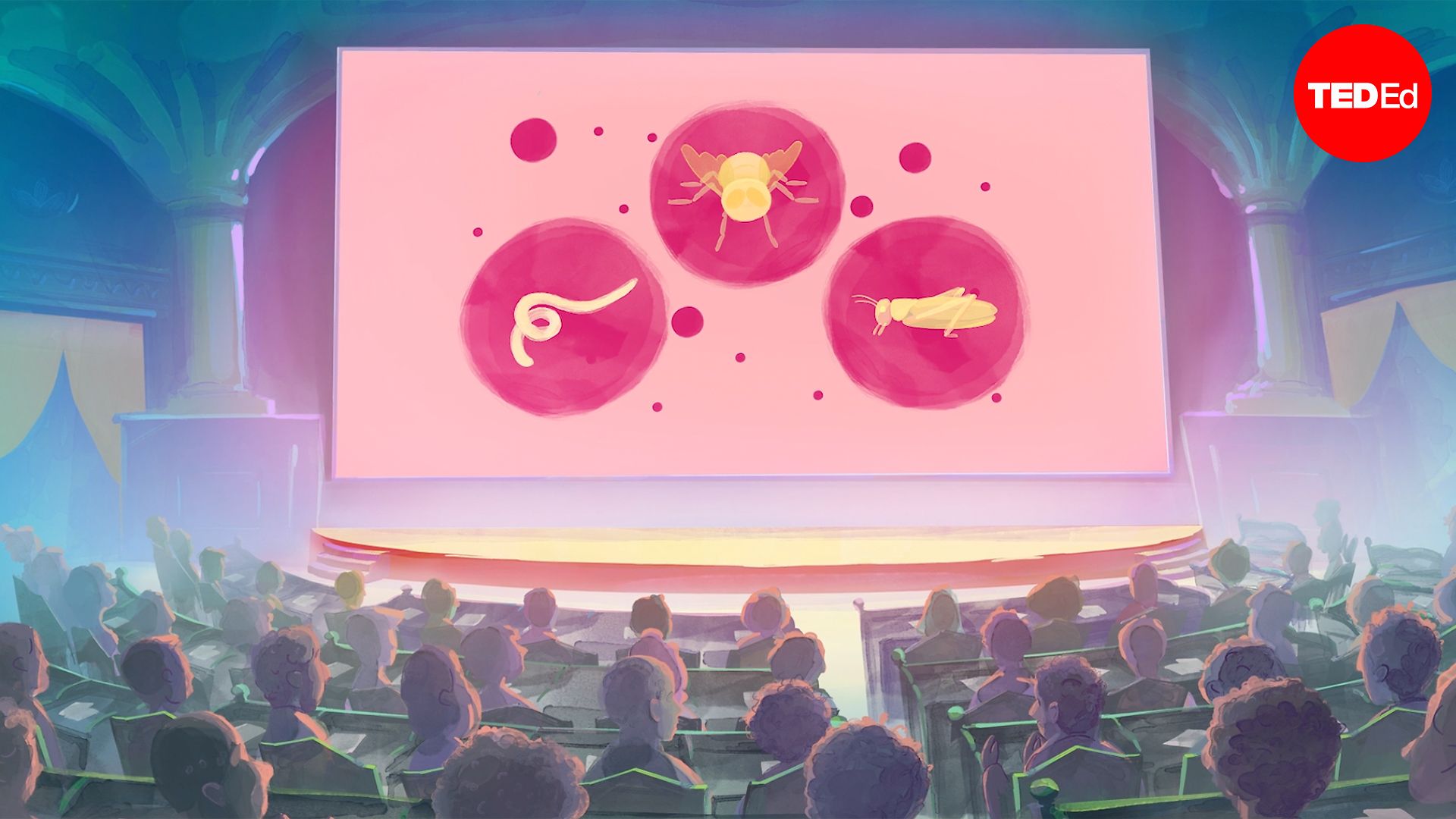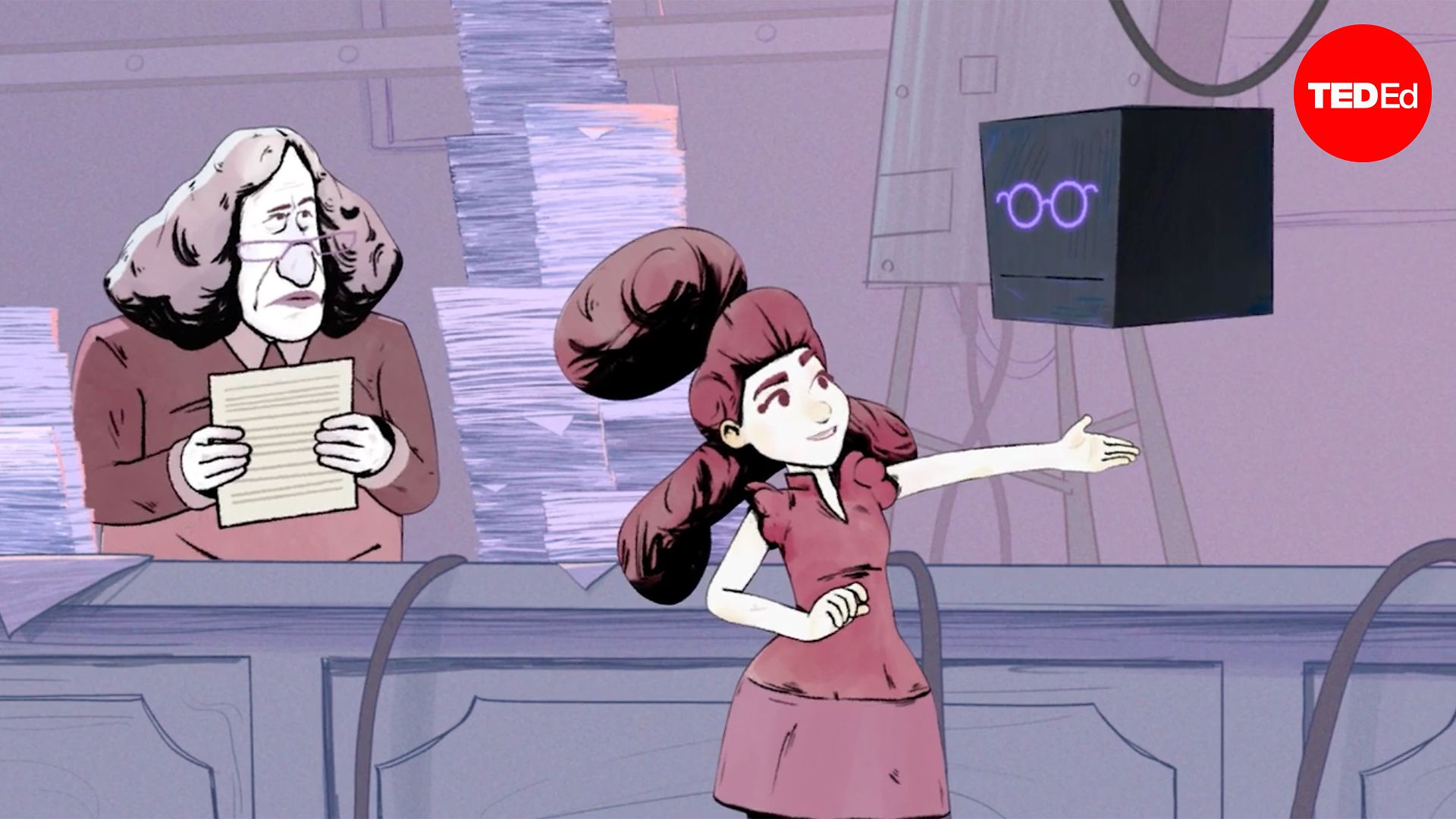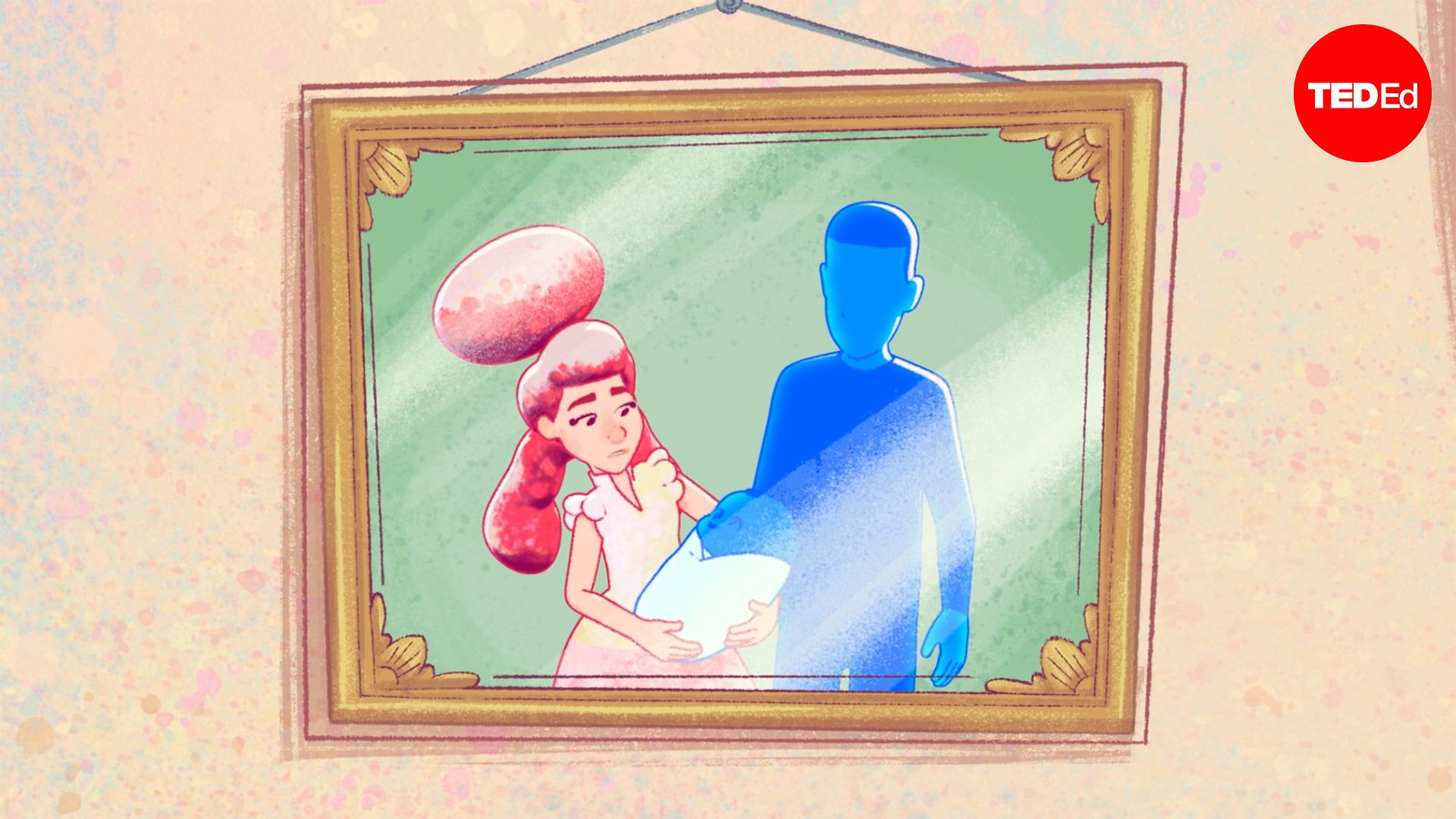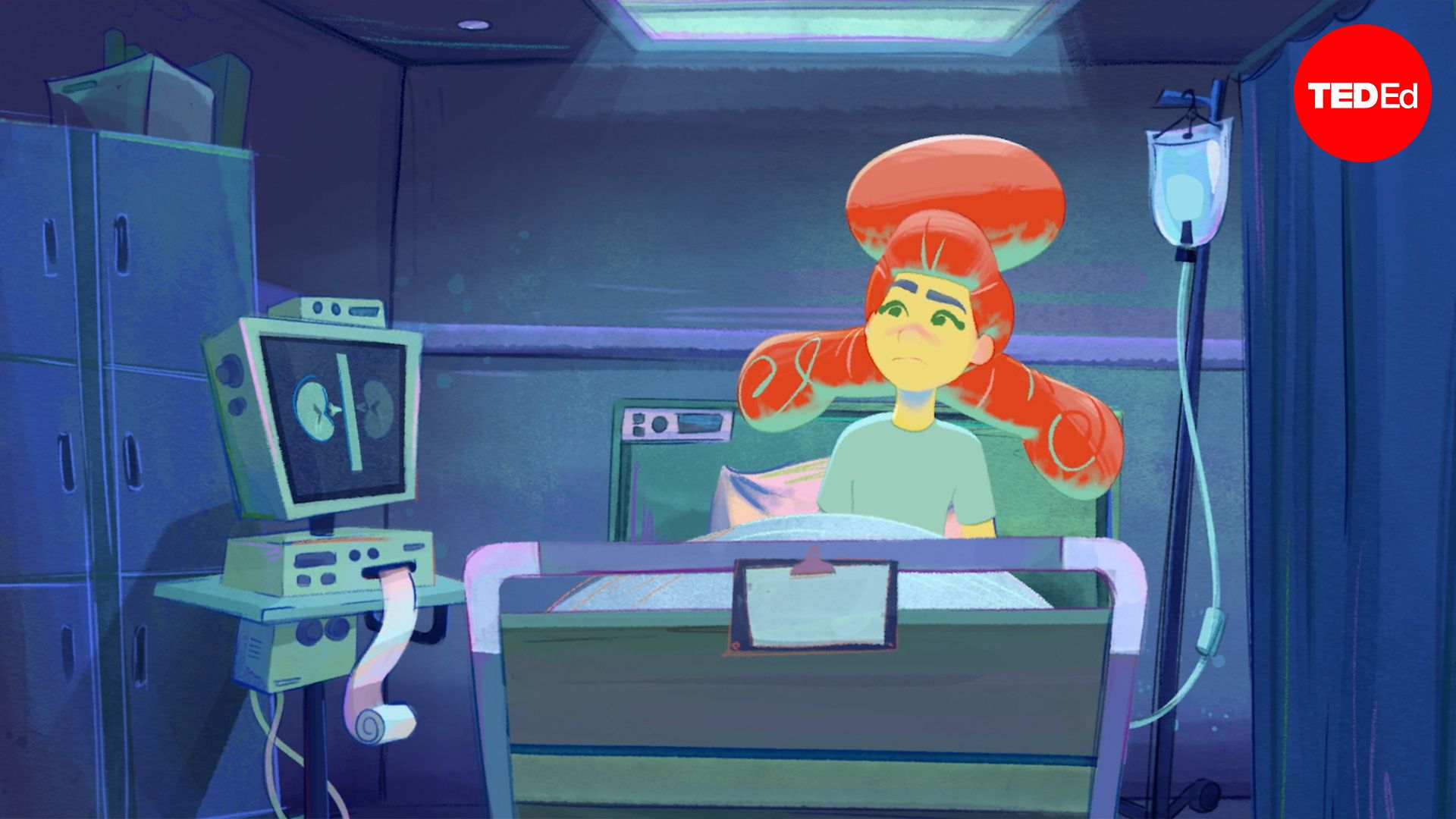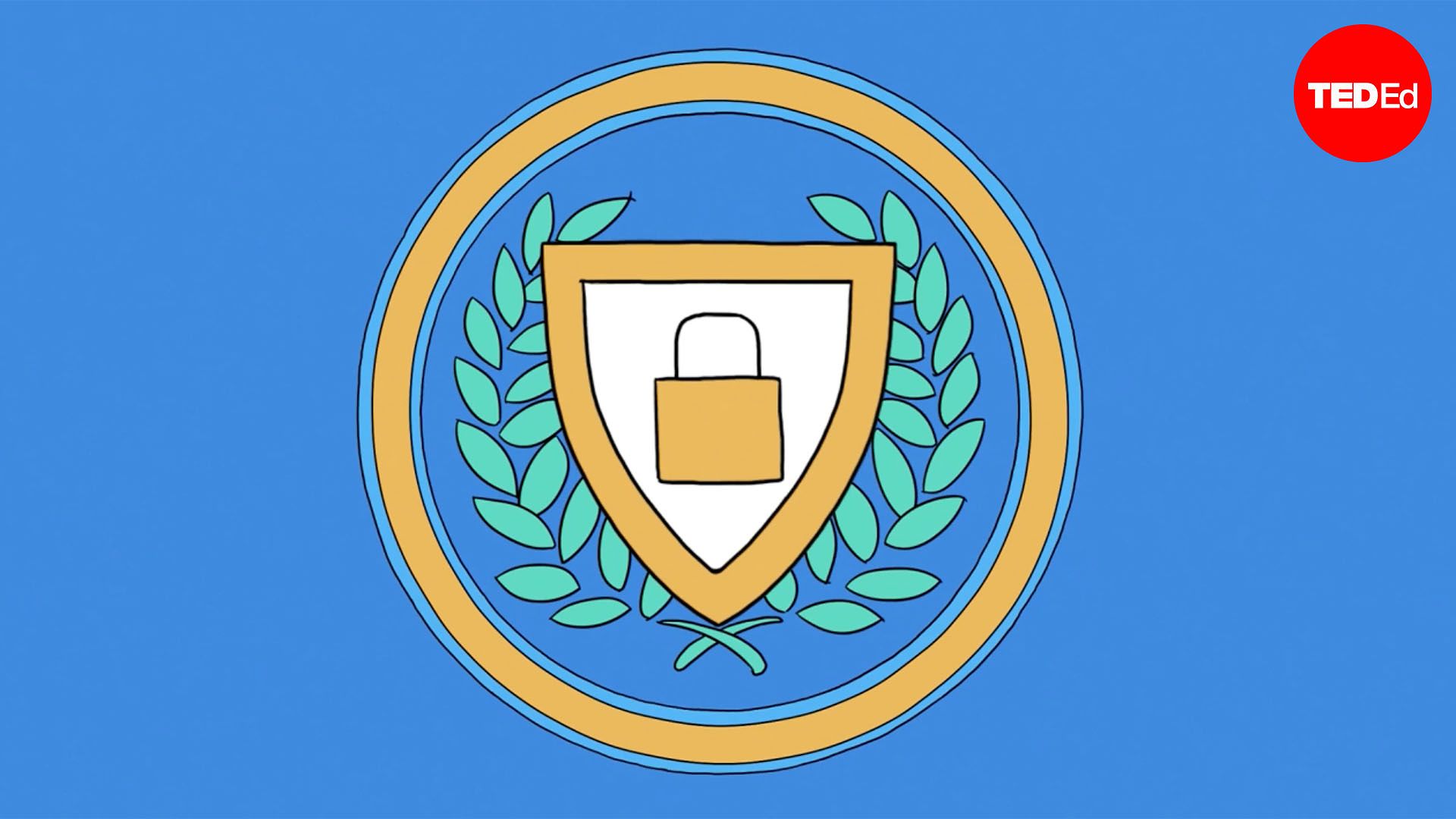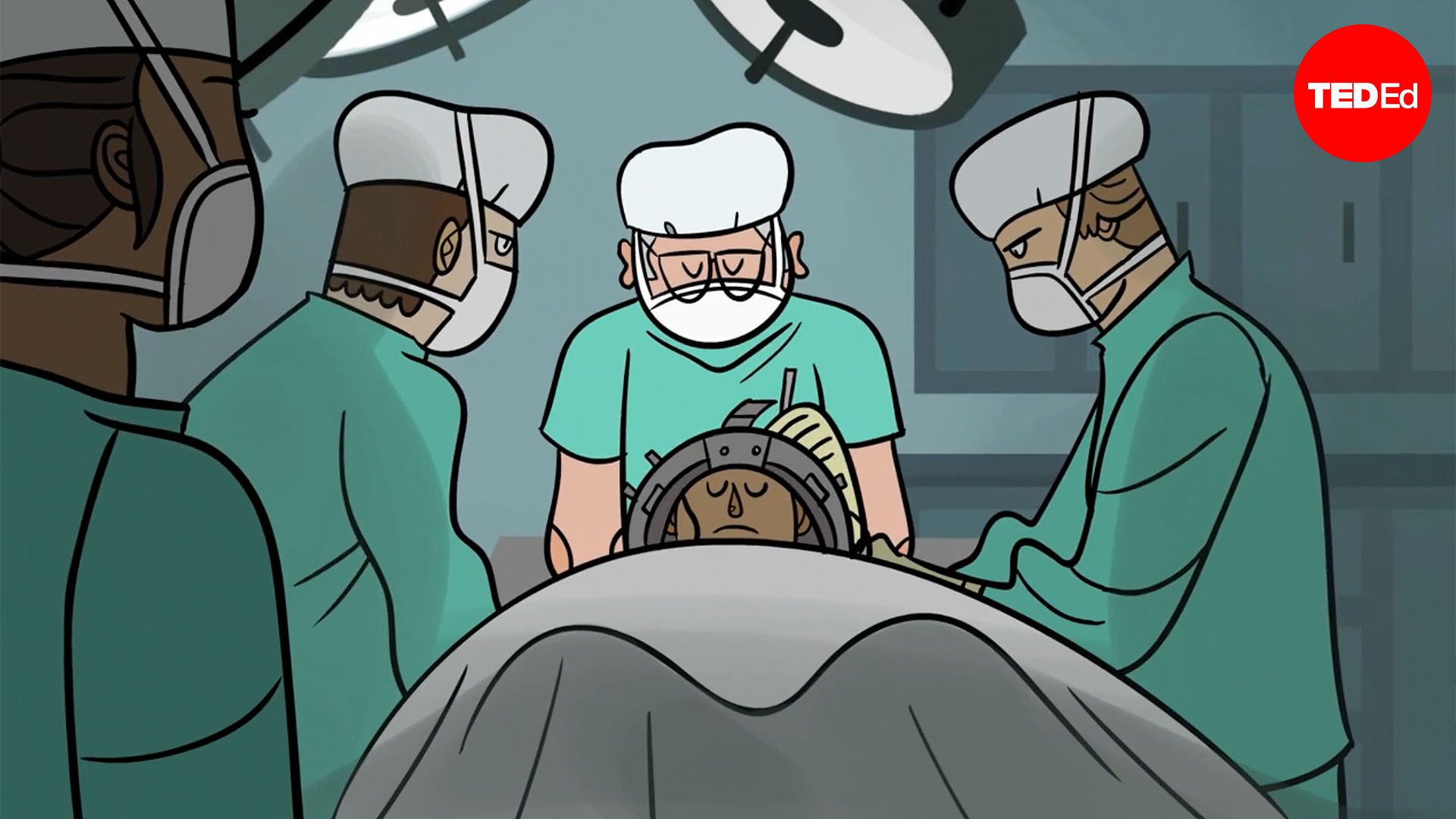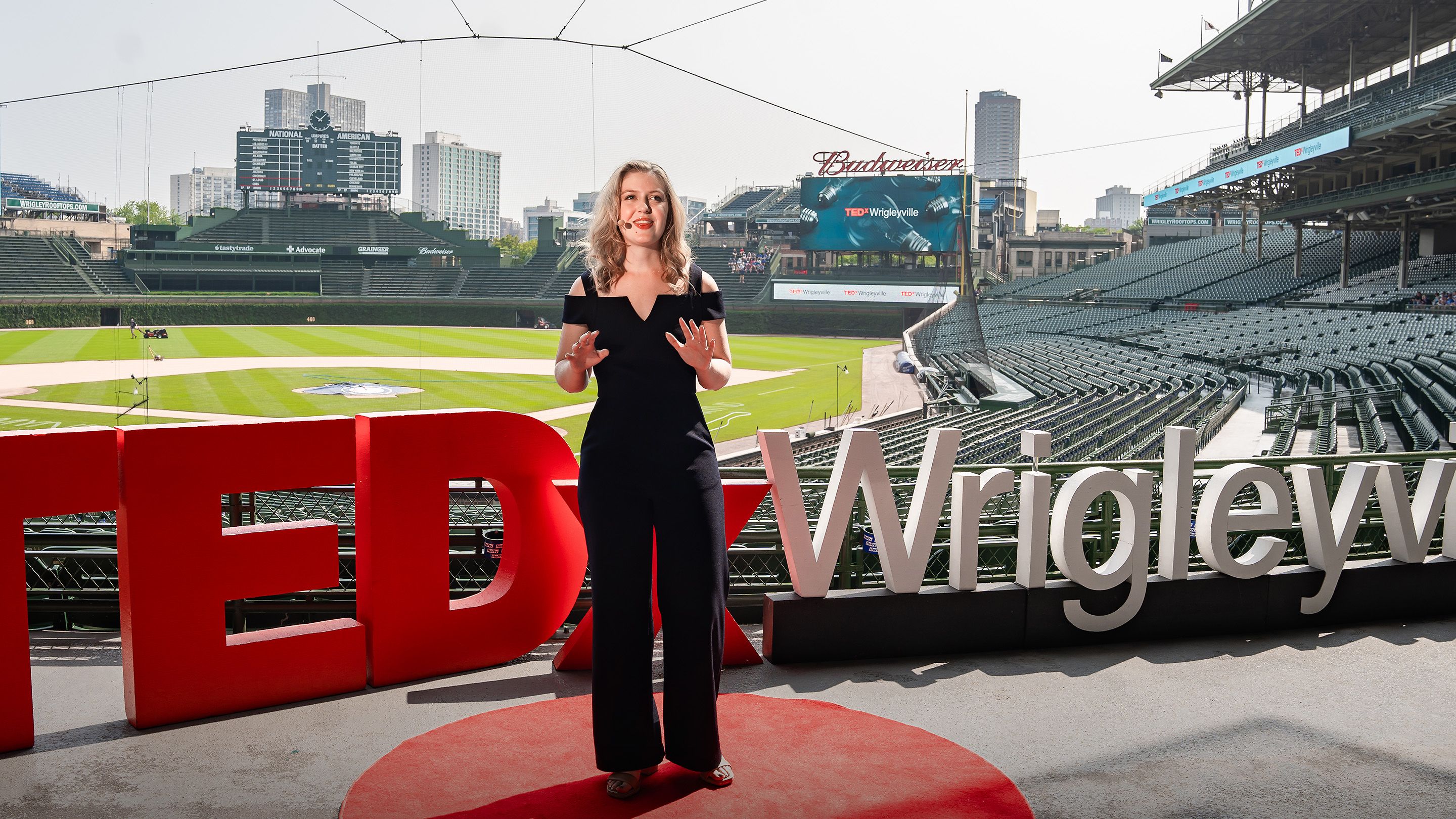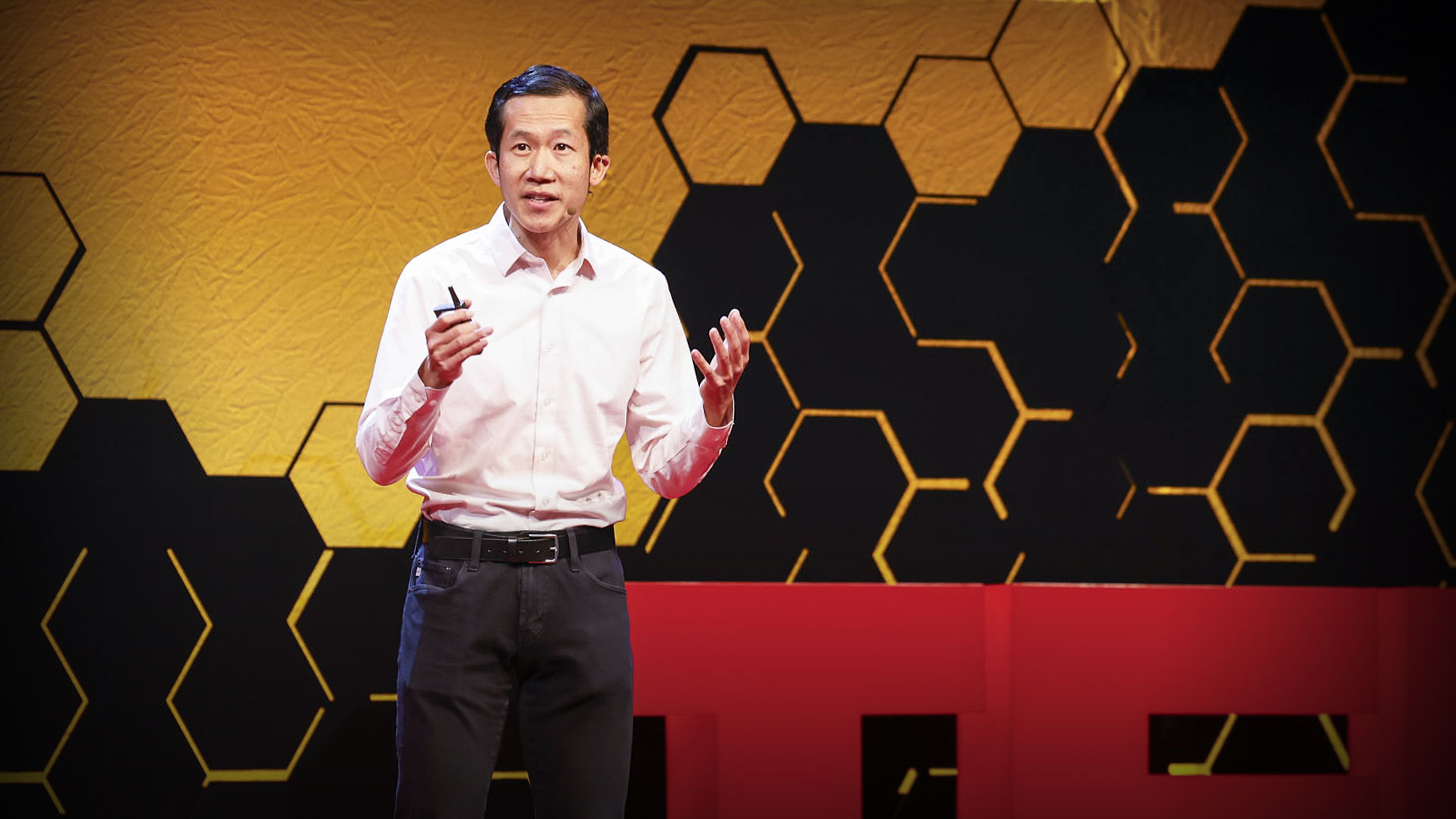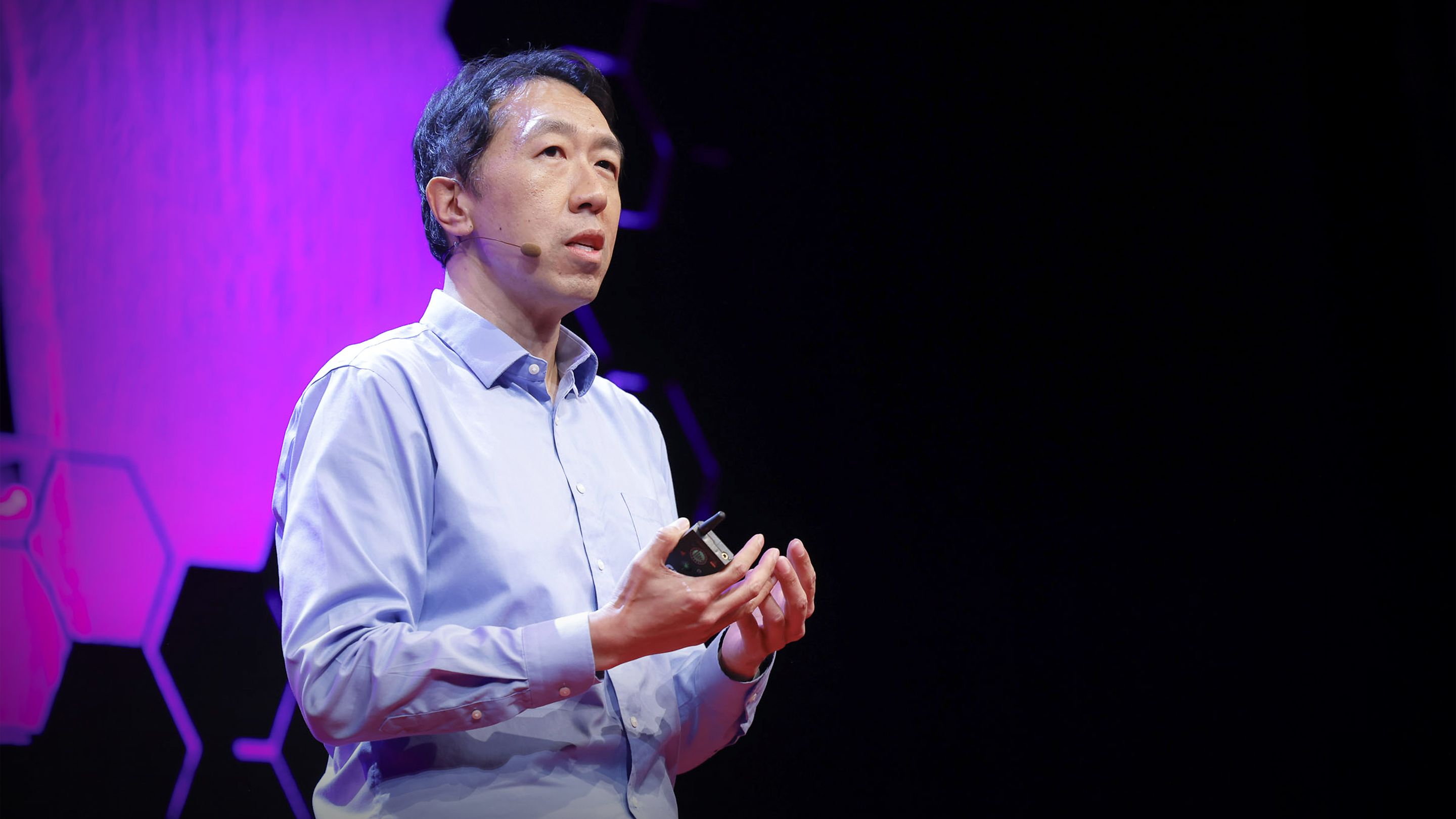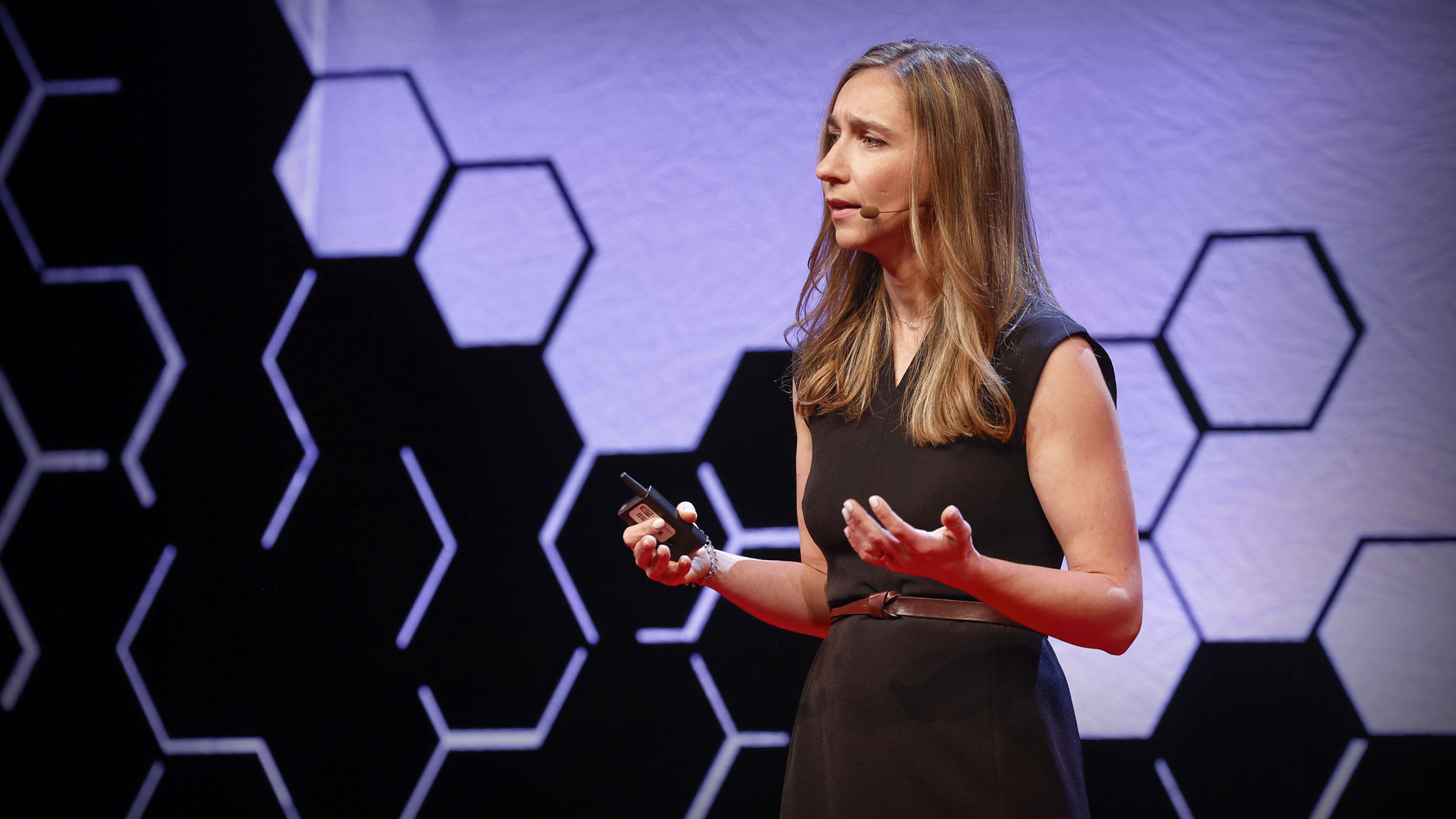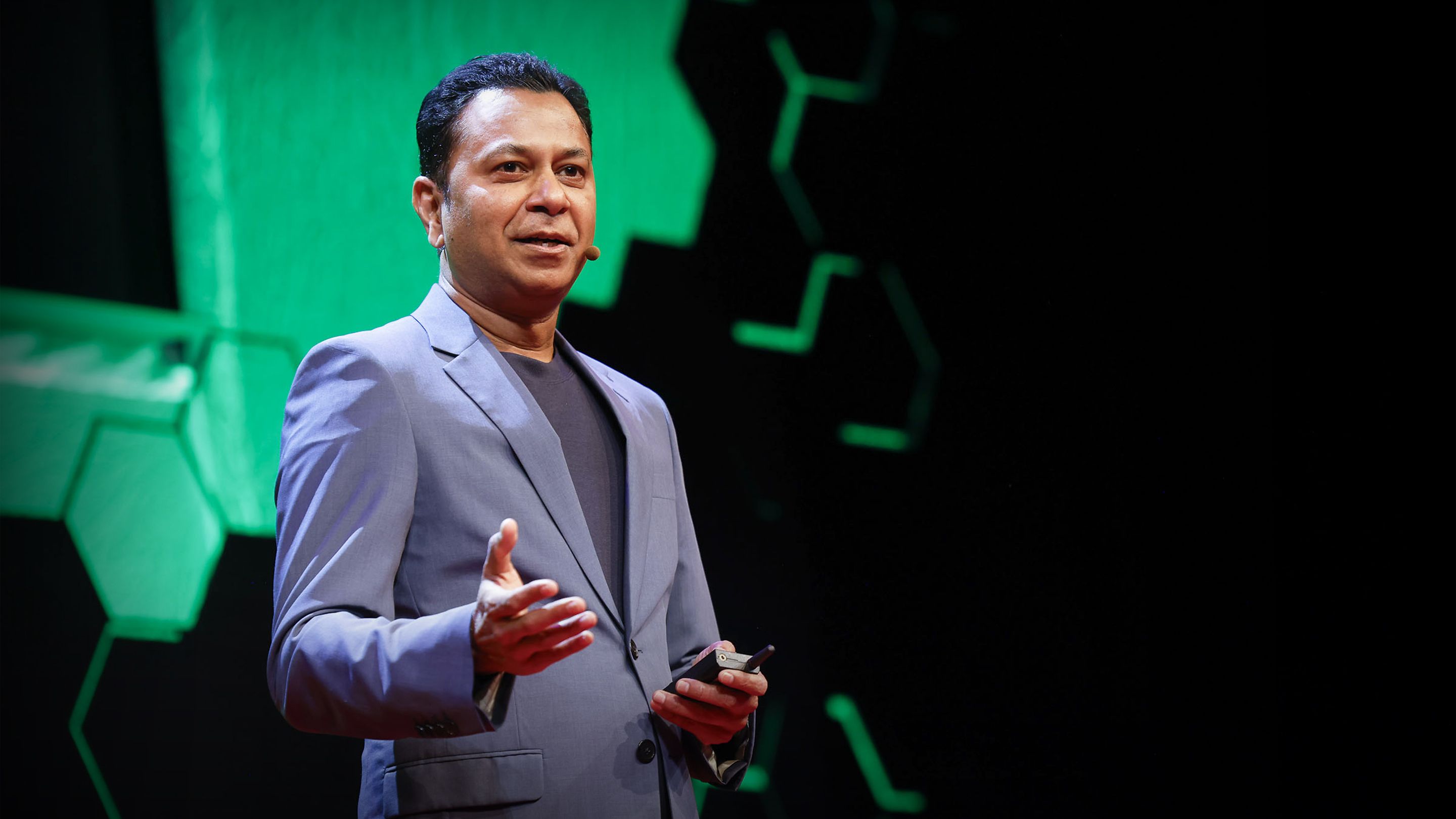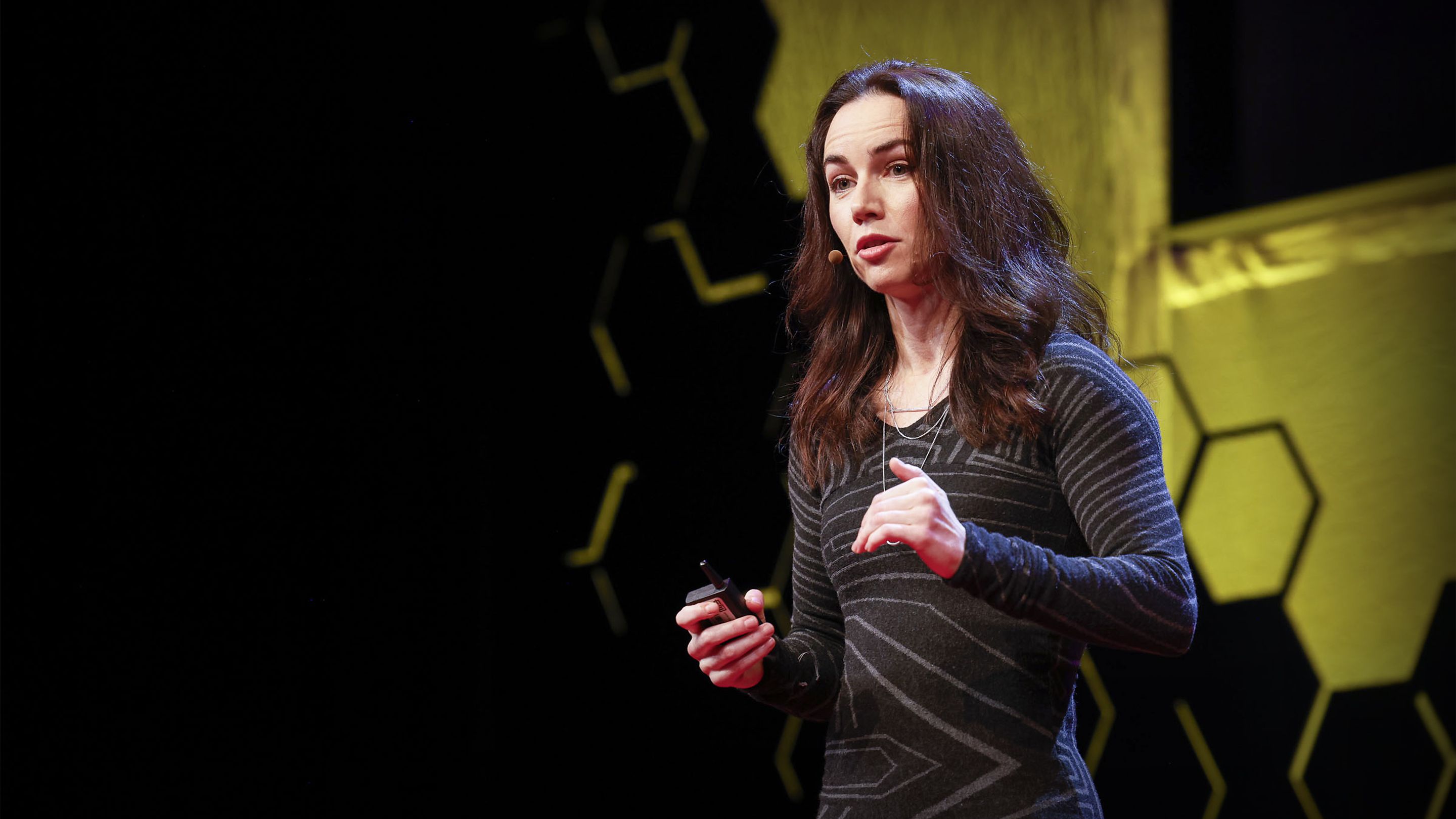Ethics
A collection of TED Talks (and more) on the topic of Ethics.
Video playlists about Ethics
See all playlists on Ethics
Talks about Ethics
See all talks on Ethics
Exclusive articles about Ethics
Opinion: Should we use gene editing to produce disease-free babies? A scientist who helped discover CRISPR weighs in.
Researchers recently reported that they were able to edit human embryos to fix a dangerous mutation. The technology is inching closer to reality, so we need to take a stand, says biochemist Jennifer Doudna.
Posted Aug 2017
The promising and perilous science of gene editing
A new technology that goes by the ungainly name of CRISPR-Cas9 could change the human genome for generations. Here's why its inventor is trying to press pause.
Posted Oct 2015
Need to know: About Facebook’s emotional contagion study
Ready to go beyond this week's headlines? 5 primary sources worth reading next -- about Facebook, research ethics, and data policy changes.
Posted Jul 2014
